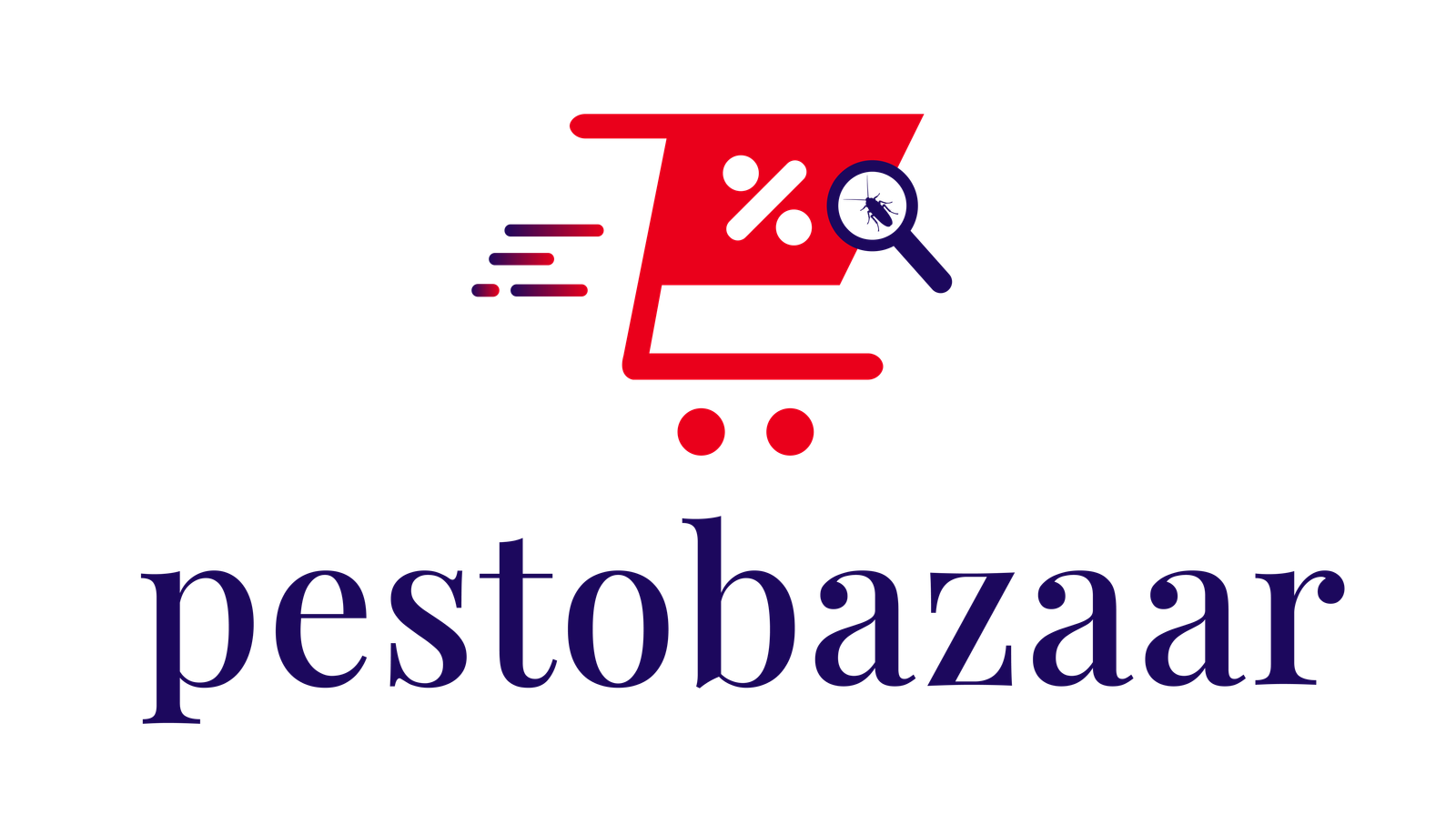Blogs - details
Effective Pest Management Practices: A Quick Guide
.jpeg)
Pest control is essential for maintaining a healthy and safe environment, whether at home, in businesses, or on farms. Implementing effective pest management practices can help minimize damage and reduce the risk of diseases carried by pests. Here are some key practices for effective pest management:
Regular Inspections
Frequent inspections help identify pest infestations early. Check areas like kitchens, basements, and gardens where pests are likely to thrive.
Proper Sanitation
Pests are attracted to food and waste. Keeping spaces clean, removing garbage, and properly storing food can deter them from invading.
Exclusion Techniques
Seal cracks, holes, and openings in walls, doors, and windows to prevent pests from entering your premises.
Use of Traps and Baits
Non-chemical traps and baits can effectively control pests without harming the environment. They are particularly useful for smaller infestations.
Safe Use of Pesticides
When necessary, use pesticides carefully and according to instructions. Opt for eco-friendly or targeted pesticides that minimize harm to humans and pets.
Integrated Pest Management (IPM
IPM combines biological, mechanical, and chemical methods to manage pests sustainably. This approach focuses on prevention and minimizing the use of harmful chemicals.
Implementing these practices ensures effective, long-term pest management while protecting both the environment and human health.
Frequent inspections help identify pest infestations early. Check areas like kitchens, basements, and gardens where pests are likely to thrive.
Proper Sanitation
Pests are attracted to food and waste. Keeping spaces clean, removing garbage, and properly storing food can deter them from invading.
Exclusion Techniques
Seal cracks, holes, and openings in walls, doors, and windows to prevent pests from entering your premises.
Use of Traps and Baits
Non-chemical traps and baits can effectively control pests without harming the environment. They are particularly useful for smaller infestations.
Safe Use of Pesticides
When necessary, use pesticides carefully and according to instructions. Opt for eco-friendly or targeted pesticides that minimize harm to humans and pets.
Integrated Pest Management (IPM
IPM combines biological, mechanical, and chemical methods to manage pests sustainably. This approach focuses on prevention and minimizing the use of harmful chemicals.
Implementing these practices ensures effective, long-term pest management while protecting both the environment and human health.
null


